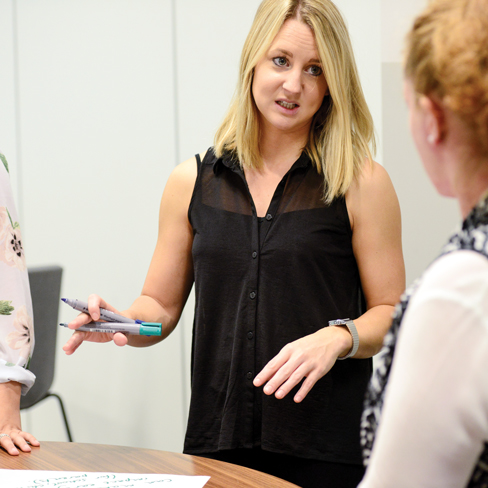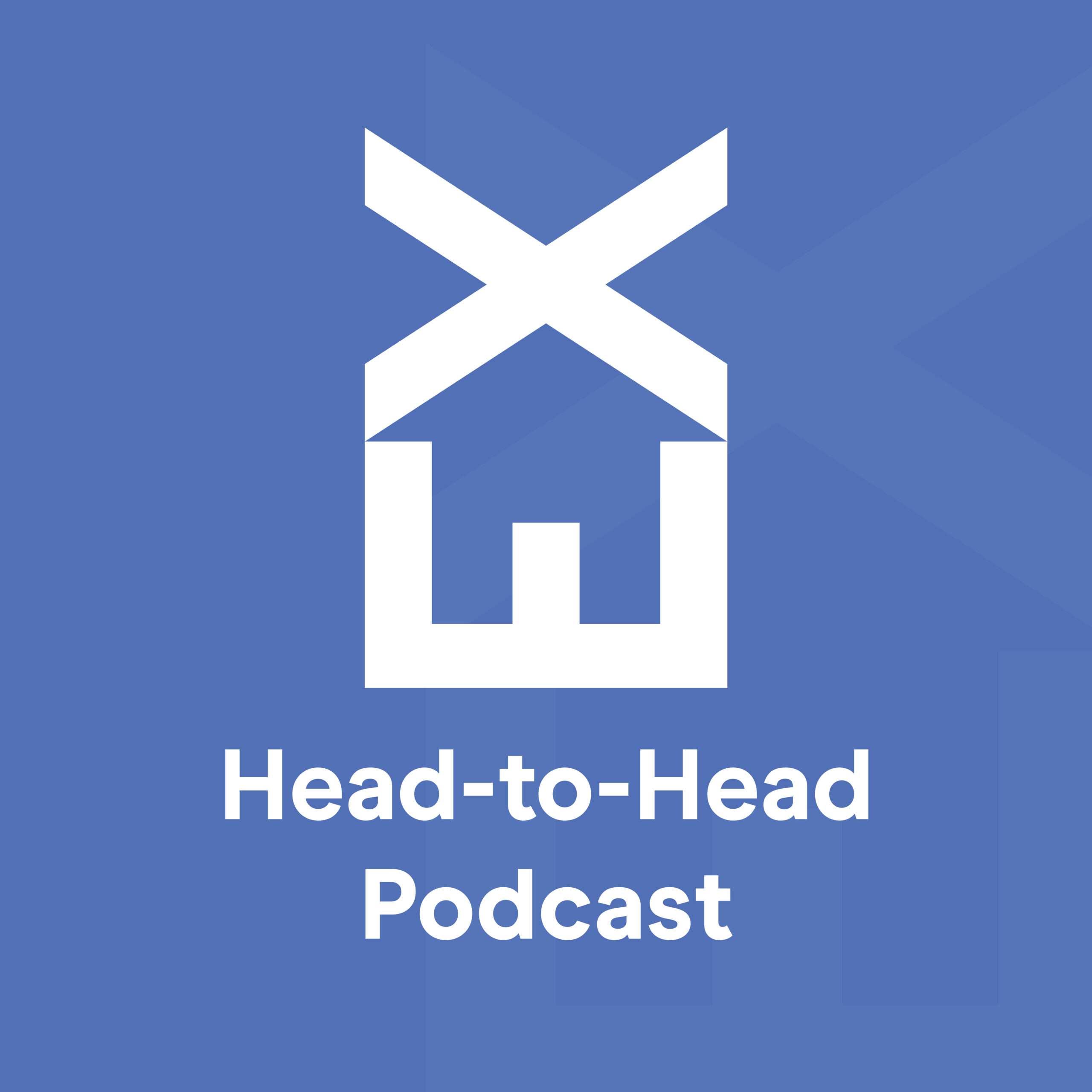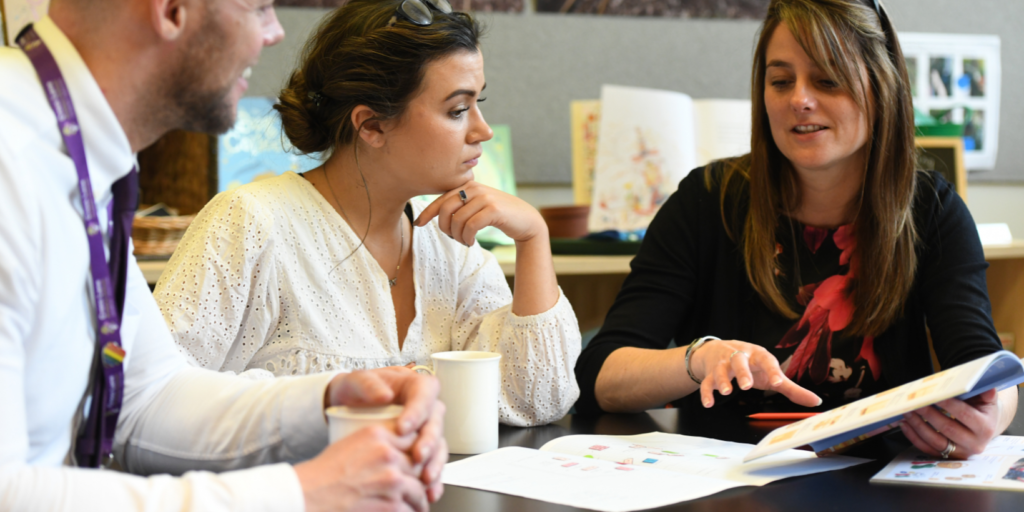January 4th 2024, saw a significant change with the EYFS. There are now two distinct versions of the EYFS framework: one tailored specifically for childminders, and the other designed for group and school-based providers, with both versions also integrating the amendments introduced in the September 2023 update.
In light of this division into separation of documents, there are a number of changes we need to ensure all our teams are aware of, including the following:
Qualifications & Ratios
- As anticipated, the requirement for Level 3 practitioners to hold a Level 2 maths qualification to count within staff: child ratios has been removed, and instead managers will would be responsible for ensuring their staff have the right level of maths knowledge to deliver high-quality early years provision.
Suitable level 2 qualifications in maths are:
- Functional skills qualification in maths at level 2
- GCSE or International GCSE qualification in maths to at least grade C (grade 4)
- Key skills qualification in application of number at level 2
- A level or AS level qualification in maths or pure maths and/or further maths to at least grade E
- O level qualification in maths to at least grade C
- CSE grade 1 maths
- Basic skills certificate level 2: certificate in adult numeracy
- Students and apprentices can now count in ratios at the level below their level of study, if the manager believes they are competent and responsible to do so.
- The requirement for childminders to complete EYFS training before registration has been removed. Childminders will still be required to demonstrate sufficient knowledge of the EYFS.
- Childminder assistants can now hold the role of key person.
Supporting Children with EAL
- Settings may provide opportunities for children to develop and use their home language in play and learning, previously this requirement stated this ‘must’ be done.
Safeguarding
- All (Childminders, Group and School-based providers) must ensure that safeguarding policies and procedures include all electronic devices with imaging and sharing capabilities, not just mobile phones, and cameras.
Assessment
- The language has been changed to clarify that physical evidence does not need to be collected for assessments.
“When assessing whether an individual child is at the expected level of development, practitioners should draw on their knowledge of the child and their own expert professional judgement. Practitioners are not required to prove this through collection of any physical evidence”
2.2 EYFS, January 2024
There are no significant changes being made to Section 1 or 2 of the EYFS, as these were the focus of the 2021 reforms. Full details of the EYFS documents can be found here Early Years Foundation Stage (EYFS) Statutory Framework January 2024
There is also a new document setting out Early Years qualification requirements and standards. This should be used alongside the EYFS Statutory Framework to ensure all staff meet the necessary qualifications and adhere to the prescribed standards for effective early years education.
At Early Excellence we continue to offer a broad range of tools to support you and your team. Explore our Leadership Reflection Tools, School Leader CPD programme, and our Head-to-Head Podcasts, to discover more!

Discover a range of reflection tools, designed as a starting point for you as a School Leader to have discussions with key leaders in your team.

Explore expert training with a school improvement focus to support the effective leadership and day to day management of the EYFS and KS1.

Join our monthly Head to Head podcasts developed by Headteachers, for Headteachers as we explore a range of key issues that really matter to school leaders.

